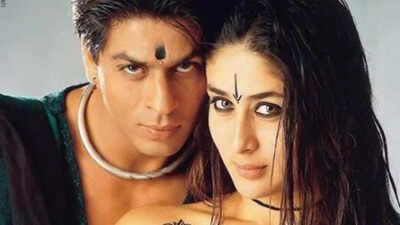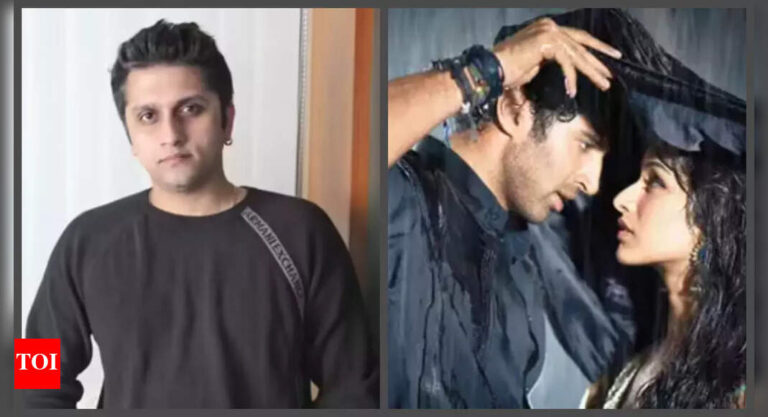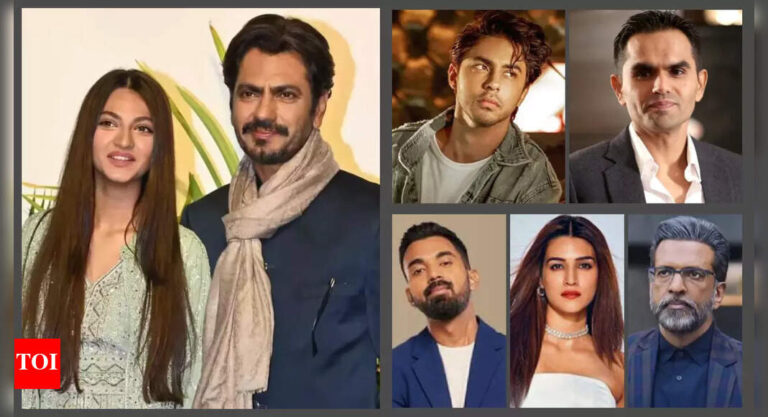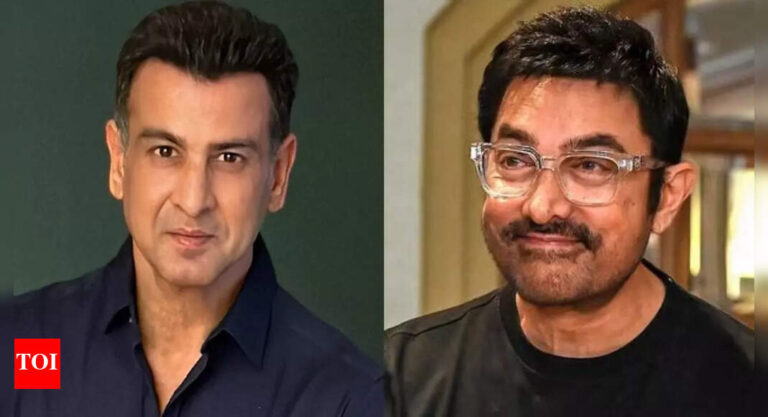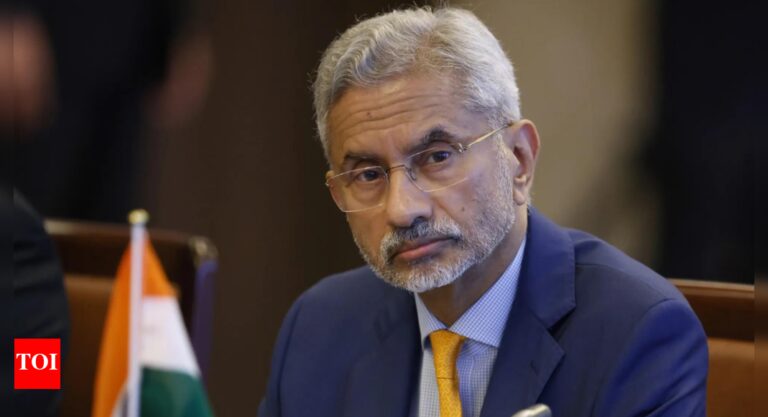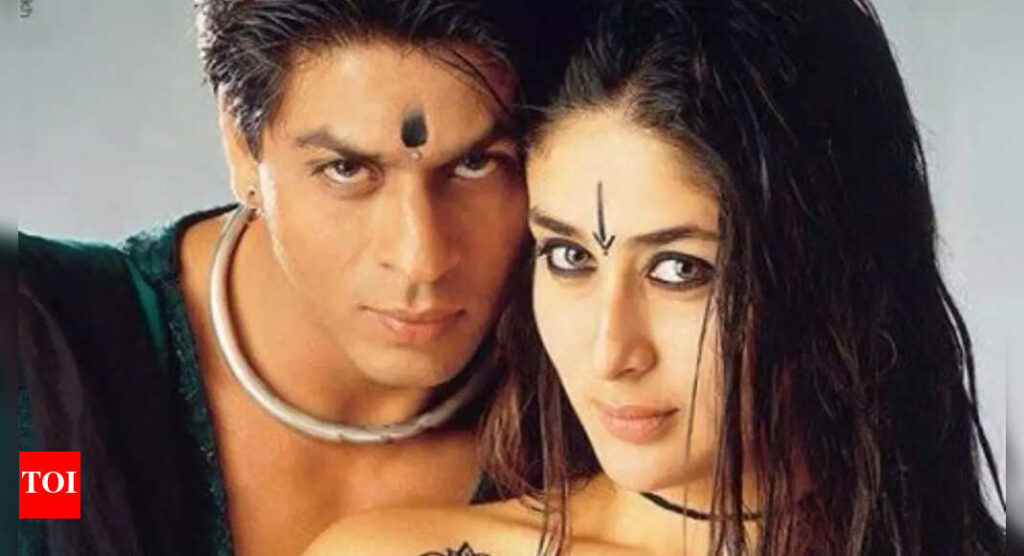
Shah Rukh Khan’s ‘Asoka’ was not a box office success, however over the years, the film is remembered for its iconic music and unique content. It was cinematographer Santosh Sivan’s directorial debut. While the film got its share of flak, in a recent interview, Sivan has opened up on the troubles during the making of the film. He also added that people producing it, told him why is he making such a film where nobody is winning the war. He said on a Youtube channel, “When I was gearing up to make Asoka, I was asked by the people producing it, ‘Why do you want to make a film where no one wins the war? If I am watching a war film between the Germans and the English, I would want the English to win. Someone has to be winning.’ You can’t make a film where no one wins, it’s a draw, or there’s no outcome.” He went on to say that many discouraged him from making the film, citing its lack of conventional commercial appeal. But Sivan saw something deeper in the narrative. “I thought that the story was very interesting. I also wanted to take Asoka and split him into someone who’s very romantic, especially when there’s a monsoon and it’s misty,” he said, painting a picture of the Emperor as both a warrior and a man of emotion. “Kareena was not available when we were shooting the war. So, I had to shoot most of it in Film City. All those things happened. You have to adjust and, of course, try to work it out,” Sivan shared. In the film, Shah Rukh Khan took on the titular role of Asoka, the third ruler of the Mauryan dynasty—portrayed as a fierce warrior transformed by the horrors of war into a proponent of peace and Buddhism. Kareena Kapoor played Karuvaki, the enigmatic second queen consort of the emperor. The cast also featured a strong ensemble including Danny Denzongpa, Rahul Dev, Hrishitaa Bhatt, Gerson Da Cunha, Subhashini Ali, and Umesh Mehra. Tamil superstar Ajith Kumar made a brief but notable appearance. While the film may not have reached the monumental status some expected, its artistry—guided by Sivan’s own lens—left an indelible mark. With editing by A. Sreekar Prasad, music by Anu Malik, and a haunting background score from Sandeep Chowta, Asoka remains a visual and emotional artifact from early 2000s Bollywood—bold, imperfect, and unforgettable.

